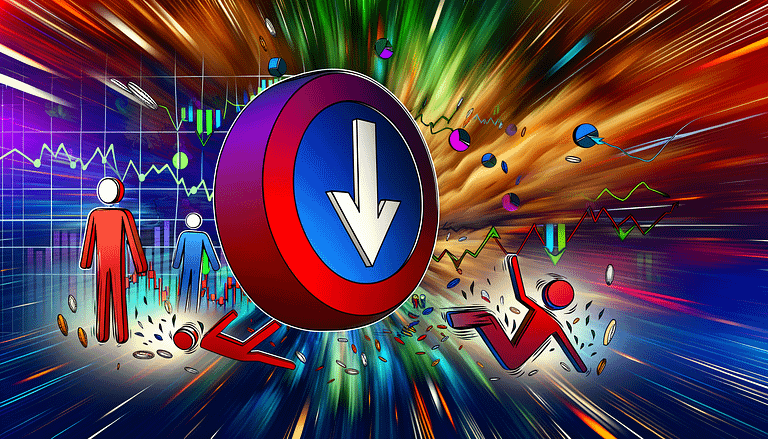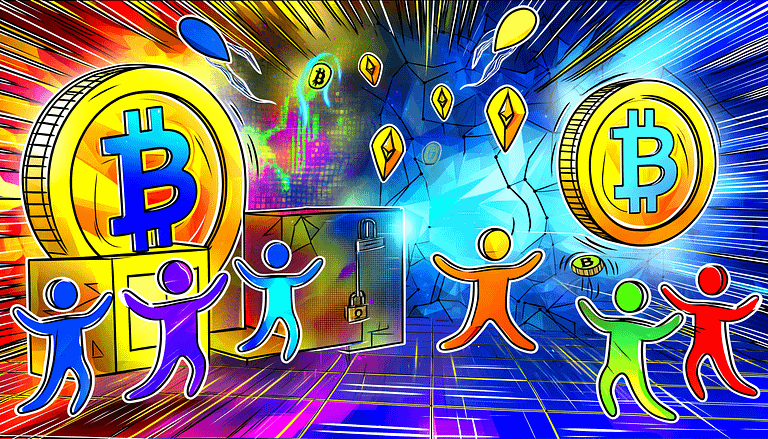FanSociety and NFTs: Revolutionizing Music Interaction
In A Nutshell
The recent episode of The Agenda podcast featured a profound discussion with Miles, the innovative mind behind FanSociety, a Web3 platform aimed at revolutionizing how musicians and their fans interact using Nonfungible Tokens (NFTs). Drawing inspiration from the fan clubs of the 1950s and modern crowdfunding, FanSociety introduces a unique model for artists to secure funding while rewarding and retaining their fanbase. Miles shared insights on the limitations of current NFT models, the potential for revenue sharing in the music industry, and the broader implications of these technologies for artist-fan engagement.
Revamping Artist-Fan Engagement
FanSociety’s creation stems from the need to address several challenges within the music industry, notably funding and fan engagement. According to Miles, traditional NFT collections have limitations, such as fixed sizes, which do not align with the dynamic nature of music creation and fan interaction. FanSociety proposes an open-ended system, enabling musicians to continuously expand their collections without the need for new contracts, offering a more inclusive and engaging experience for fans.
Challenging Revenue Distribution Models
Another critical aspect discussed was the revenue distribution model prevalent in the music industry. Streaming platforms and record labels often leave creators with only a fraction of the earnings from their work, a practice Miles criticizes heavily. FanSociety aims to empower artists to share a more significant portion of their revenue with their fans, creating a more equitable ecosystem. This model would also allow fans to receive more meaningful tokens of appreciation, beyond mere gimmicks.
Building a Sustainable Model for the Music Industry
FanSociety’s vision goes beyond the current application of NFTs in the music industry. It seeks to establish a sustainable model that benefits both artists and fans. By creating a platform that facilitates direct support and engagement, FanSociety could potentially reshape the music industry, making it more resilient against the challenges of digitalization and piracy.
Our take
FanSociety represents a promising step forward in the evolution of NFTs and their application within the music industry. By addressing the limitations of current models and proposing a more equitable revenue-sharing mechanism, FanSociety has the potential to significantly impact how artists and fans interact. However, the success of such a platform will depend heavily on its adoption by artists and the broader music community. As the Web3 space continues to evolve, initiatives like FanSociety could pave the way for a more inclusive and rewarding music ecosystem.
In essence, FanSociety showcases the potential of NFTs and blockchain technology to foster a deeper connection between artists and their fans, challenging traditional models and setting the stage for a more engaged and equitable music industry.
—
Stay informed on the latest in blockchain, cryptocurrencies, and the evolving Web3 space by subscribing to our newsletter. Join the conversation on how technology is reshaping the music industry and beyond.







